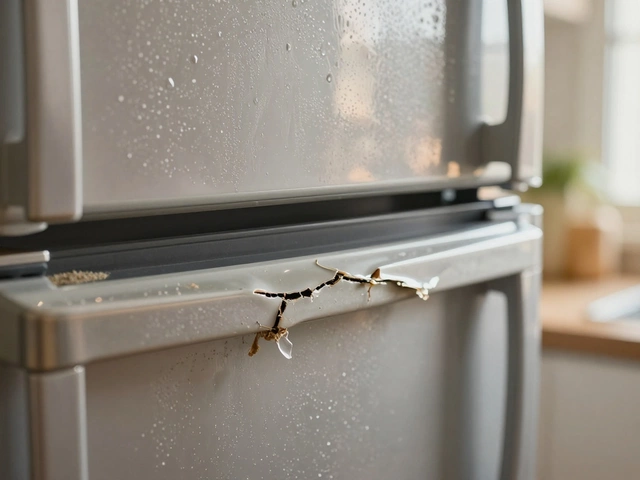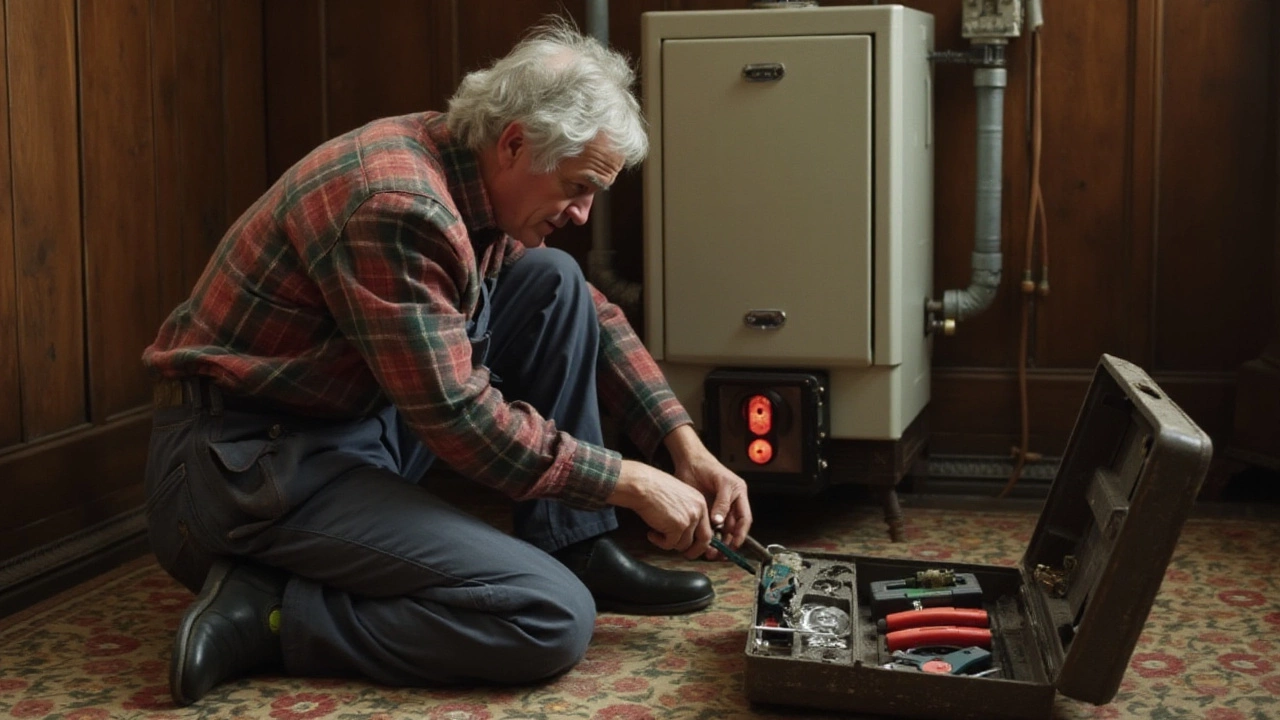Boiler Longevity: Practical Ways to Extend Your Boiler’s Life
If your boiler’s humming away without a glitch, you’re probably already saving money. The real trick is keeping it that way for years. Below are easy, everyday actions that add years to your boiler’s lifespan and keep your home warm without surprise breakdowns.
Regular Servicing – The #1 Lifesaver
Most manufacturers recommend a service at least once a year. A qualified engineer will check the heat exchanger, pressure valve, and combustion. Skipping this step can let small problems turn into costly repairs. Think of it like a health check‑up for your boiler – a quick visit can spot rust, leaks, or soot buildup before they cause a shutdown.
DIY Maintenance You Can Do
1. Watch the pressure. Your boiler’s pressure gauge should sit between 1 and 1.5 bar when the system is cold. If it drifts lower, top it up with water from the filling loop. Too high pressure can strain components and trigger safety cut‑offs.
2. Bleed radiators. Air trapped inside slows heat transfer and forces the boiler to work harder. When you hear a gurgle or notice a cold spot on a radiator, use a radiator key to release the air. It’s a five‑minute job that saves energy.
3. Keep the area clear. Ensure there’s at least 30 cm of clearance around the boiler. Dust, debris, and clutter block airflow, making the unit overheat. A quick vacuum around the unit each season helps it stay cool.
4. Check the thermostat. An old or mis‑calibrated thermostat makes the boiler fire more often than needed. Replace batteries regularly and consider upgrading to a programmable model for smarter heating schedules.
5. Monitor the water quality. Hard water creates limescale inside the heat exchanger, reducing efficiency. If you live in a hard‑water area, ask your engineer about a magnetic filter or schedule an annual descaling.
When to Call the Pros
Even with diligent care, some issues need a specialist. Look out for these red flags:
- Unusual noises such as banging, whistling, or clanking.
- Persistent low pressure despite topping‑up.
- Leaking water around the boiler or pipes.
- Constantly cycling on and off (short‑cycling).
- Rusty or discoloured water from taps.
If any of these show up, schedule a service right away. Ignoring them can shorten your boiler’s life dramatically and raise heating bills.
Knowing When Replacement Beats Repair
Boilers typically last 10‑15 years. As they age, parts wear out and efficiency drops. Use this quick rule: if repair costs exceed 50 % of the price of a new, efficient model, it’s time to replace. New condensing boilers use up to 30 % less fuel, so the upfront cost often pays for itself within a few years.
Before you decide, ask for a detailed quote that includes labour, parts, and any disposal fees. Compare that to the expected savings on your energy bill. A modern boiler with a high Energy Performance Certificate (EPC) rating can also boost your home’s resale value.
Bottom line: regular professional servicing, simple DIY checks, and staying alert to warning signs are the cheapest ways to stretch your boiler’s life. When the numbers start to tip toward replacement, swapping to a newer, more efficient unit will keep your home warm and your wallet happy for years to come.






